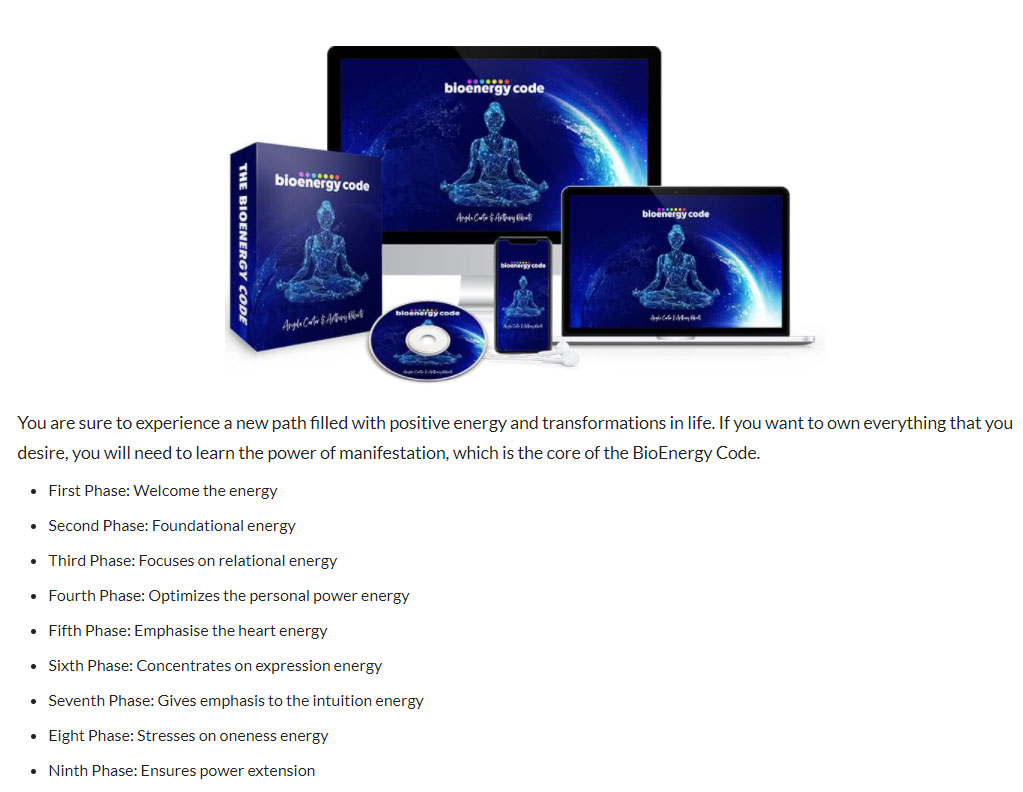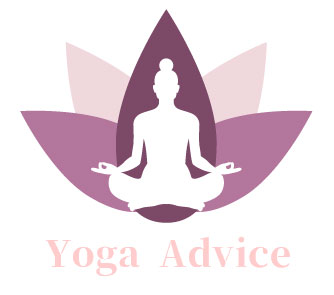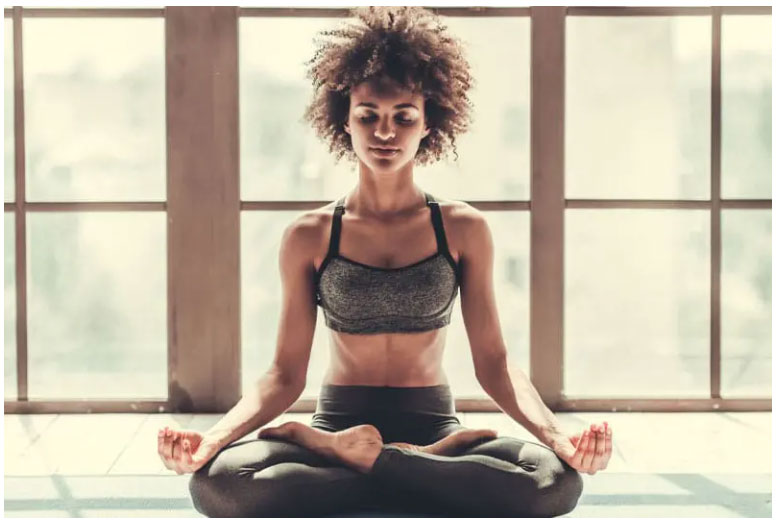Meditation and self-confidence
Nowadays, having confidence in oneself and one's abilities has become particularly important. It is not uncommon to confuse self-confidence with self-esteem. The purpose of this article is therefore to present the fundamental difference between these two notions, and to see how meditation can positively impact our well-being and our life in general.
Self-esteem or self-confidence?
To put it simply, self-esteem can be related to the feelings and thoughts, positive or negative, that one feels towards oneself. Of course, more these thoughts are positive, better will be the esteem which one carries, and conversely.
The self-esteem thus reflects the degree of satisfaction which one grants oneself, whether one is alone or in the presence of others. The higher your self-esteem, the more pleasant your life will be and the higher your self-confidence will be.
The self-confidence as for it is perceived as a feeling and a whole of emotions which one will feel. It is directly related to a certain capacity to act in a given situation. Self-confidence is not innate, it is built day after day according to the stages of life and the decisions that one must take. These decisions present risks, whether conscious or unconscious, and it is up to us to make the right one at the risk of making a mistake or doing the wrong one. Self-confidence helps us to face our cornelian choices and will influence all of our actions.
You understood it, self-esteem and self-confidence are two notions which can be easily confused, they are indeed very close at the level of the sense. Nevertheless, by dissecting a little the academic definitions we find that self-confidence is a feeling of security and self-esteem is a favorable opinion towards oneself. It is thus clear that these two notions, although close, are different.
Thanks to self-confidence, you know what you are capable of doing or not. Whereas the self-esteem influences your perceived value.
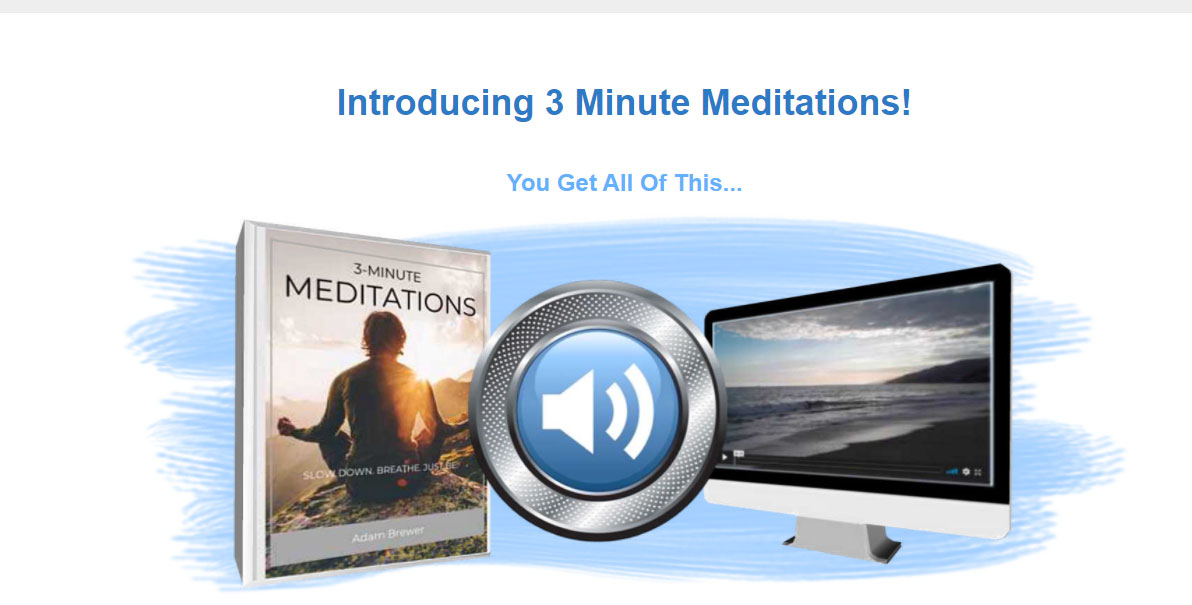
Examples of situations
A few examples from everyday life with regard to trust
• I am not able to work properly.
• I would never know how to do this kind of thing.
• I don't have the confidence in my abilities to succeed in this position.
And now, some examples for self-esteem:
• I don't like my body.
• My opinion doesn't matter.
• I'm not important enough in these eyes.
Both can learn and work on each other. This work will allow us to get to know each other and to improve our capacities, with the aim of always growing more and more. Self-confidence only needs to be built over the course of our days and our experiences, both positive and negative. Self-esteem will be strongly anchored with the values we defend and share.
The causes of a lack of confidence or self-esteem
The causes can be multiple, but can sometimes have serious repercussions on our emotional and psychic development. We can find among others :
• Educational deficiencies
• Several childhood traumas
• Past failures
• Disabling fears
• The way others look at us, and more generally its interpretation
You may develop several more or less disabling symptoms, these symptoms are easily recognizable and fortunately modifiable from day to day. Among others, you can find :
• Protection and defense against the looks or judgments that others make about you.
• Succeeding is not part of your vocabulary, you are afraid of succeeding and failure reassures you somewhat.
• You are not anchored in the present, you are nevertheless living in the past and the future.
• Every act you perform deserves an explanation in your eyes, you always want to explain and justify everything.
• You are never satisfied and you complain about everything.
Bien sûr, ces symptômes vont provoquer divers maux dans votre vie quotidienne :
• Anxiety and anxiety are an integral part of your life.
• For fear of the judgment of others, you are unable to express your opinions and ideas.
• Failure scares you and you can't seize the opportunities that come your way.
• Your social and particularly sentimental life suffers
In order to cope, a work of questioning and introspection is necessary. You need to regain possession of your life and your personality, and show the world your change. This is where meditation can be one of the keys to your success in developing self-confidence.
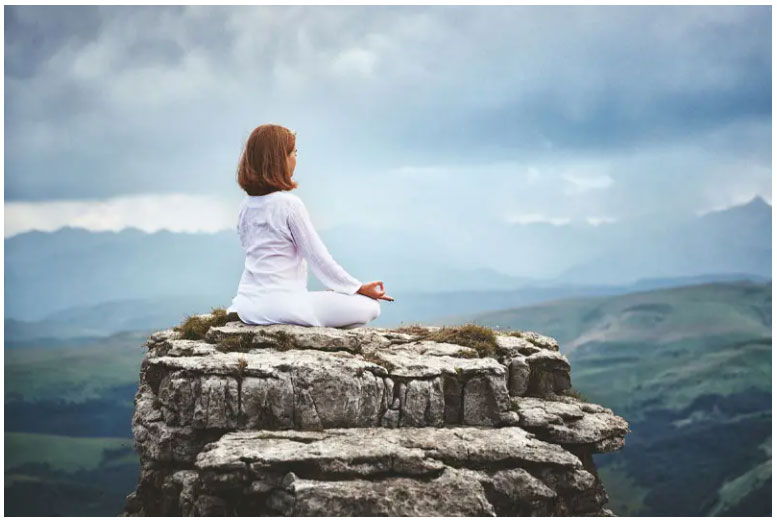
Meditation: a real tool
Meditation is a mental practice that consists of focusing attention on oneself. Through it you can get in touch with your negative and anxiety-provoking thoughts. Several actions are then to be considered according to the type of meditation practiced. It then appears that one can decide to stop all mental action (illustrated with the practice of transcendental meditation, Zen meditation and deep meditation). One can also work and become aware of a deep and intense thought on a given subject (philosophical meditation work, or religious and metaphysical meditation work).
The primary goal of meditation is to allow access to relaxation and awareness of our problems in order to free ourselves from the suffering that is generated. Used well, meditation will develop self-esteem and self-confidence.
The origins of meditation
The practice of meditation is not new, some research shows that it appeared as early as prehistoric times, when man discovered fire. However, it seems to have begun to be practiced 4000 years ago, as evidenced by the frescoes representing meditation postures found in Indian caves. Of course, with the advent of writing, we have formal proof that meditation was already practiced at that time. Two major religious currents based on meditation over the centuries are Taoism in China and Buddhism in India.
In Taoism, meditation will be inspired by science, particularly cosmology, divination and traditional medicine. The objective is to make the IQ (vital energy present in the body) circulate in a suitable and homogeneous way. The exercises, body movements associated with precise breathing, will allow the IQ to circulate naturally. Meditation will be found in various Chinese disciplines (qi gong, tai chi-chuan, etc.).
In Buddhism, meditation is based on the concept of mindfulness. The term mindfulness refers to the notion of attention or attentive presence. The primary goal is to refocus on the present moment, to forget for a moment about the past and future, and to focus one's thoughts and consciousness on a particular element. If you are new to meditation, this technique is particularly recommended.
Nowadays, in the West, many meditation techniques have emerged and developed, while seeking to detach themselves from religious or philosophical practices.
The different currents of contemporary meditation
Zen Meditation
Posture and breathing are the key words of this ancestral practice. The main posture being the lotus position, spine straight up to the neck, chin tucked in. Western postures, less rigid than Japanese ones, allow a sitting position on a bench or with crossed legs. The objective of this meditation is to empty the mind, to let our thoughts pass without giving any importance to them.
Transcendental Meditation
The main objective of this meditation is to approach maximum calm through different techniques of relaxation and awareness. The whole is based on the repetition of mantras (Buddhist prayers) which helps to focus and avoid parasitic thoughts. Contrary to other meditation techniques, this one is not based on visualization, but on deep concentration which is thus favored by the repetition of mantras.
Guided meditation
It is one of the most modern forms of meditation, many people practice it and especially beginners via the mobile application "Little Bamboo". This technique will simply guide you to help you relax and enter into a semi-conscious state.
Vipassana Meditation
It is one of the oldest meditations in the world and particularly in India. This technique is very demanding and requires great concentration. The practitioner must indeed concentrate on his sensations for a long period of time. Most of the time this meditation is done during a period of retreat, during which the practitioner can only practice a limited number of activities and must not have contact with the outside world.
Yoga
Although they are not the same techniques, Yoga often begins or ends with meditation exercises. These will allow you to reach a state of tranquility and relaxation of the body very easily.
How is meditation beneficial for self-confidence?
Most of the time, when your self-confidence or self-esteem is low, it is due to several factors, especially ruminations and difficulties in letting go of your past or not worrying about your future. We find it hard to put distance between ourselves and our failures or uncomfortable situations.
Meditation, as we have seen, can be beneficial in learning to let go and focus on the present moment. It allows us to reconnect with ourselves and refocus in full awareness on what we are experiencing in the present moment. Once thoughts are detached, put aside, without repressing them, they eventually fade away on their own and we free our brain from their harmful effects.
For example, meditation will allow :
• To no longer devalue yourself and to get out of the previously negative patterns you have put in place.
• Improve your thinking, be more optimistic and improve your relationship with yourself, which will decrease guilt.
• Positive attitudes will also lead to better relationships with others.
• The actions taken will help to gain a better level of confidence.
Meditation will send relaxing signals to your brain, which will gradually integrate a new thought process with benevolence and optimism.
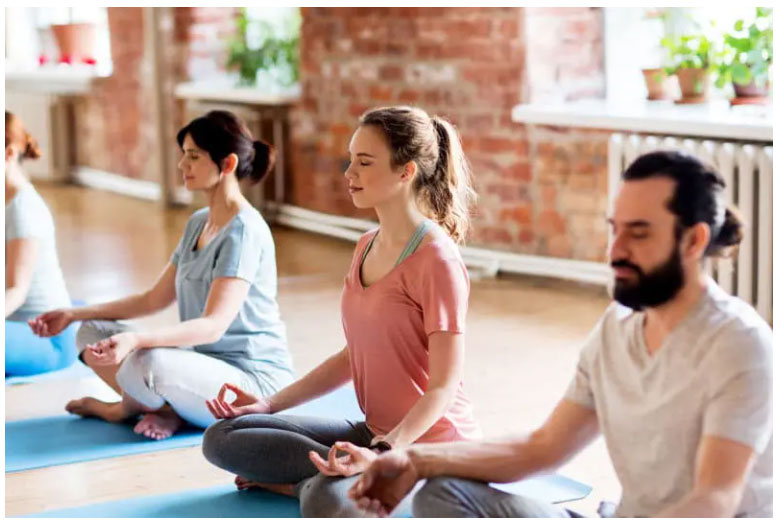
Example of meditation exercises to develop self-confidence
With this exercise, you prepare your mind to better appreciate successful situations and increase your self-confidence.
For this exercise, it is helpful to choose a quiet place and comfortable clothing. Sit on a cushion in the lotus position (if it doesn't feel comfortable, it's best to stretch your legs). You can now close your eyes and proceed step by step :
• Regular, slow and light breathing for 4 minutes. Inhale deeply through the nose and exhale gently through the mouth.
• Concentrate on the sensations that run through your body: the position of your limbs, the air that passes through your nostrils and then down your throat, etc.
• After 4 minutes, open your eyes and relax. It is possible that your neck muscles are tense, you can massage them to relax them. Afterwards, repeat the exercise. If you become distracted, open your eyes and breathe, then start again. With time and habit, your mind will stay really focused on the exercise.
• You can now reflect on a positive and successful situation, either personal or professional. Try to relive that moment in detail and congratulate yourself: "I did it, I can do it again.
Concentrate on your sensations. Try to feel the breath in your nostrils, and in your throat during the inspiration phases. Discern the movements of the belly during the expulsion of air.
After the 4 minutes, open your eyes and relax by massaging the neck muscles. Exhale and resume the exercise. Make the exercise more energetic and willing. If you lose concentration after 4 minutes, open your eyes, blow out and resume the countdown. The more you exercise, the more your mind gets used to the technique and the less it wanders.
Now think of a situation where you have achieved something: a recipe, a training course, a "small" sporting feat, whatever. Relive that moment in detail and congratulate yourself with the mantra: "I could do it, I can do it again".
Conclusion on meditation to develop self-confidence
As we have seen, meditation is a real asset to have a better self-confidence, as well as a better self-esteem. It makes it possible to give less importance to our negative thoughts and to become aware of our difficulties in moving forward.
And you, do you ever meditate? If so, does meditation work to improve your self-confidence?
